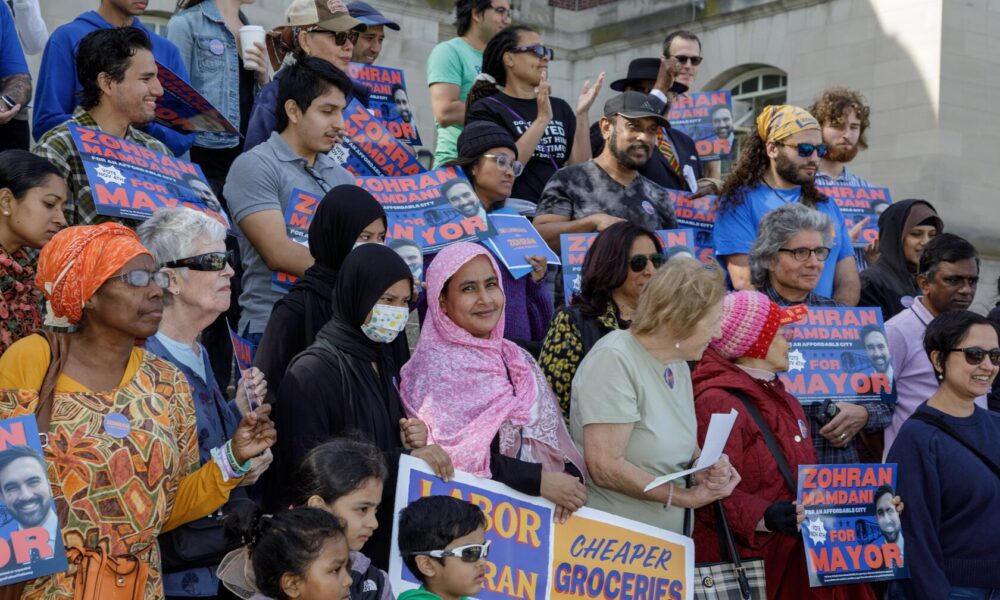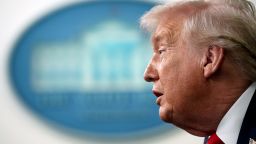Chicago Public Schools (CPS) is exploring a significant contract worth $60 million over four years with technology firm CDW to implement a new tracking system for its educational devices. This initiative arises from challenges faced by the district, particularly the loss of technology following extensive investments during the COVID-19 pandemic. By adopting RFID technology, CPS aims to minimize the annual loss of devices, which has already improved to 7% from a previous 11%, according to the latest report by the district’s inspector general.
As CPS looks to enhance accountability among its staff, a broader conversation about technology in classrooms is also unfolding across the United States. Currently, 26 states have introduced regulations limiting or banning cell phone use in schools. A recent study reported by Chalkbeat suggests that these measures could lead to notable improvements in student test scores. Nonetheless, while the benefits appear promising, there are concerns about increased suspension rates, particularly among Black boys, during the initial year of these bans.
The proposed contract with CDW seeks to utilize RFID tags to effectively manage and track CPS’s inventory of over 636,000 technological devices. This strategy responds to previous management inefficiencies while promoting a sense of responsibility among staff and technology coordinators. The goal is not only to account for devices but also to recover those that have gone missing from school premises.
The implications of school cell phone bans extend beyond merely reducing distractions. Data from a Florida study indicates that improved attendance significantly contributed to approximately half of the gains in student test scores following the ban. Although the results demonstrate modest increases, particularly among middle and high school boys, the overall impact on school climate and student outcomes remains to be fully understood.
As educational environments increasingly incorporate technology, the experiences of Chicago Public Schools and the findings from the cell phone ban study highlight a critical need for thoughtful policies. Effective implementation of these strategies is essential to harness the potential benefits of technology, ultimately supporting students in their educational journeys.






